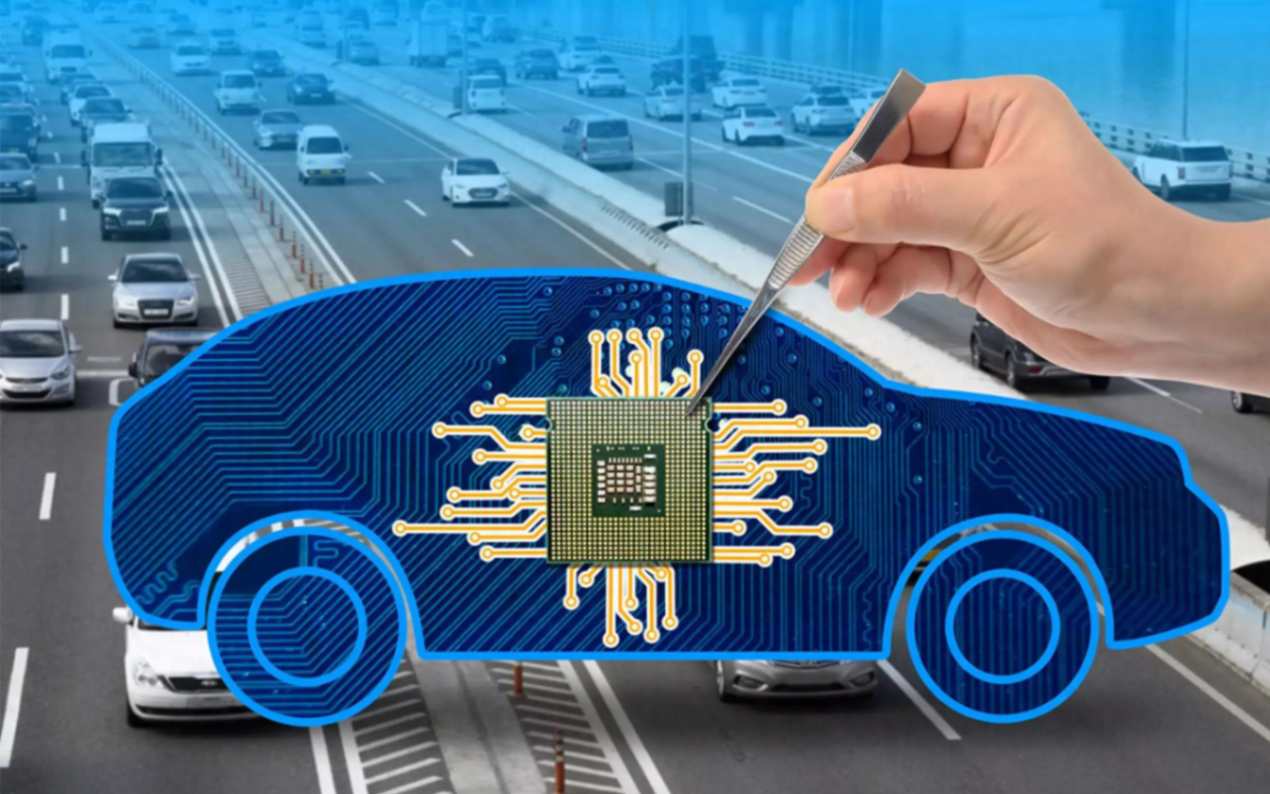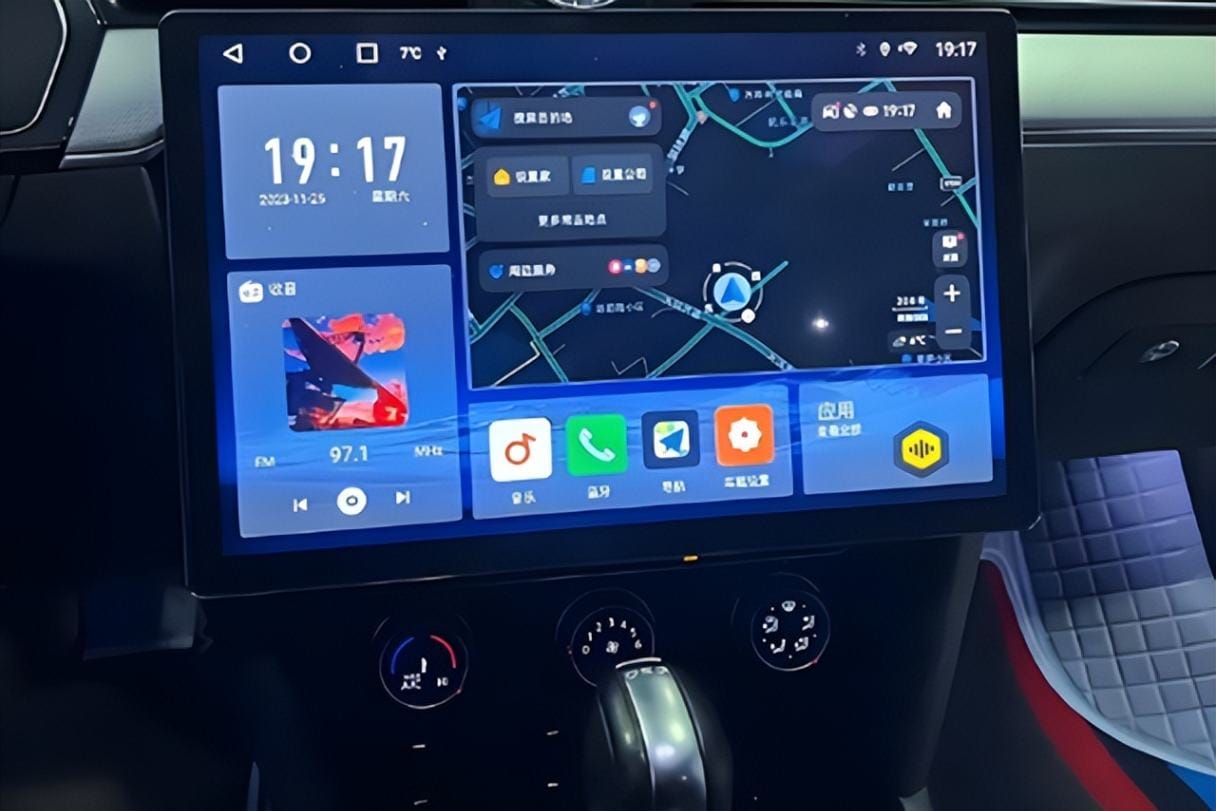Cars Using Phone Chips to Earn Billions, Risking Lives
Car manufacturers using smartphone chips instead of automotive-grade ones is raising serious safety concerns amid huge profit motives.

Introduction: A Shocking Shortcut in Automotive Technology 🚗💥
Car makers chasing profits are increasingly embedding smartphone chips instead of automotive-grade chips in vehicles. This practice is shaking the industry, raising big questions: Are safety corners being cut for billions in earnings? Let's dive deeper.

The Cost of Cutting Corners: Why Chip Quality Matters
Automotive chips must endure extreme environments — think vibration, heat, dust — and remain reliable for over 10 years. Smartphone chips, however, are designed for cozy pockets and desks, not engines roaring on highways. They overheat easily and have a way shorter lifespan.
To comply with safety standards, automotive chips undergo rigorous testing, which also hikes their prices. The current cost difference is staggering: the Snapdragon 8G3 smartphone chip costs about 1,000 yuan, while the automotive Snapdragon 8295 chip is around 2,700 yuan. That price gap is a tempting profit margin car companies can’t ignore.

Why The Temptation to Switch Is So Strong 💰
Imagine a car company selling 300,000 vehicles annually. By choosing smartphone chips for infotainment systems instead of automotive-grade ones, they could save over 510 million yuan in chip costs alone. Since smart cars use nearly three times the number of chips as gas cars, overall savings could exceed 1 billion yuan. Now, that's serious money driving decisions.
But there's a caveat: such money-saving moves might lead to worse system performance and increased safety risks down the line. Several car owners report system lag, or even crashes, after just 3-5 years of use — a problem far less common with traditional automotive chips.

Audi's Stand: Safety Over Profit? 🤔
Not all brands are on board with this cutting-edge shortcut. Audi, a leader in luxury cars, publicly vowed never to test these risky chips on their owners. Their steadfast commitment to safety is a big part of why many consumers trust traditional luxury brands over newer entrants banking on tech gimmicks.
What This Means for You, the Driver
If you're considering a smart car or a tech-laden ride, keep in mind that cheaper hardware can translate to hidden risks and frustrations later on. While integrated tech is attractive, it’s crucial to balance innovation with proven safety principles.
Industry insiders and consumers alike are asking: Should profit margins ever trump driver safety? The rising use of smartphone chips in cars is an issue worth watching.
Conclusion: Tech, Profit, and The Road Ahead
In the race to innovate and boost earnings, car makers face a crucial choice: prioritize long-term safety or short-term profit? The growing use of cheaper smartphone chips in vehicles raises urgent questions about where safety truly fits in the automotive future.
For now, sticking with brands that value rigorous testing and quality components might be the safest bet. After all, your car is not just a gadget — it’s a life partner on the road.




